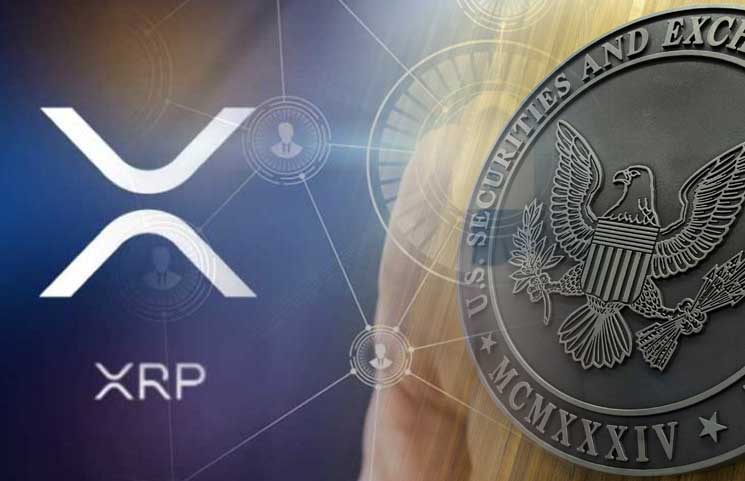
The US court has made a ruling stating that Ripple’s token, XRP, should not be classified as a security. This decision contradicts the SEC’s perspective that most cryptocurrencies are securities and must comply with strict regulations.
Judge Analisa Torres of the Southern District of New York has issued a ruling that is regarded as a significant victory for Ripple and the crypto market. This ruling brings more clarity and certainty regarding the classification and regulations surrounding digital assets.
The SEC filed a lawsuit in December 2020 against Ripple, its CEO Brad Garlinghouse, and Chair Chris Larsen. The allegations stated that they had conducted an ongoing digital asset securities offering, raising more than $1.3 billion without proper registration.
Ripple argues that XRP functions as a cross-border payment facilitator rather than a security, contending that the SEC’s guidance on applying the Howey test, which SEC uses to determine whether an asset is a security or not.
The court ruled in favor of Ripple, stating that XRP is not inherently classified as a security. Additionally, the court determined that the SEC had failed to adequately notify or clarify its interpretation of the Howey test to both Ripple and the public.
A Bipartisan Call For Fresh Legislation
The Ripple ruling in the U.S. Congress has sparked bipartisan support for new regulations on digital assets. Representatives Dusty Johnson and French Hill have introduced a bill proposing a sensible regulatory framework for the cryptocurrency industry.
The Securities Clarity Act, known as the bill, seeks to regulate transactions involving cryptocurrencies instead of the cryptocurrencies themselves. It specifically addresses the regulatory gap in the digital asset spot market, which currently lacks supervision from both the SEC and other federal agencies.
SEC Chairman Gary Gensler’s stance on digital assets, excluding Bitcoin, being identified as securities has received criticism from Johnson and Hill. They are urging him to collaborate closely with Congress to establish a solid and effective regulatory framework for the cryptocurrency market.
Proponents argue that enacting proactive legislation, rather than relying solely on reactive enforcement, holds critical importance in moderating potential future issues within the crypto market.
Ripple’s recent legal victory has generated renewed optimism within the cryptocurrency industry regarding the establishment of clearer regulations and increased certainty surrounding the treatment of digital assets in the United States.
Related Reading | DOGE To Join “X” App As Elon Musk’s Crypto Of Choice
Moreover, this ruling serves as a compelling indication that comprehensive legislation is necessary to effectively address the existing regulatory gaps and challenges prevalent in the crypto space.








